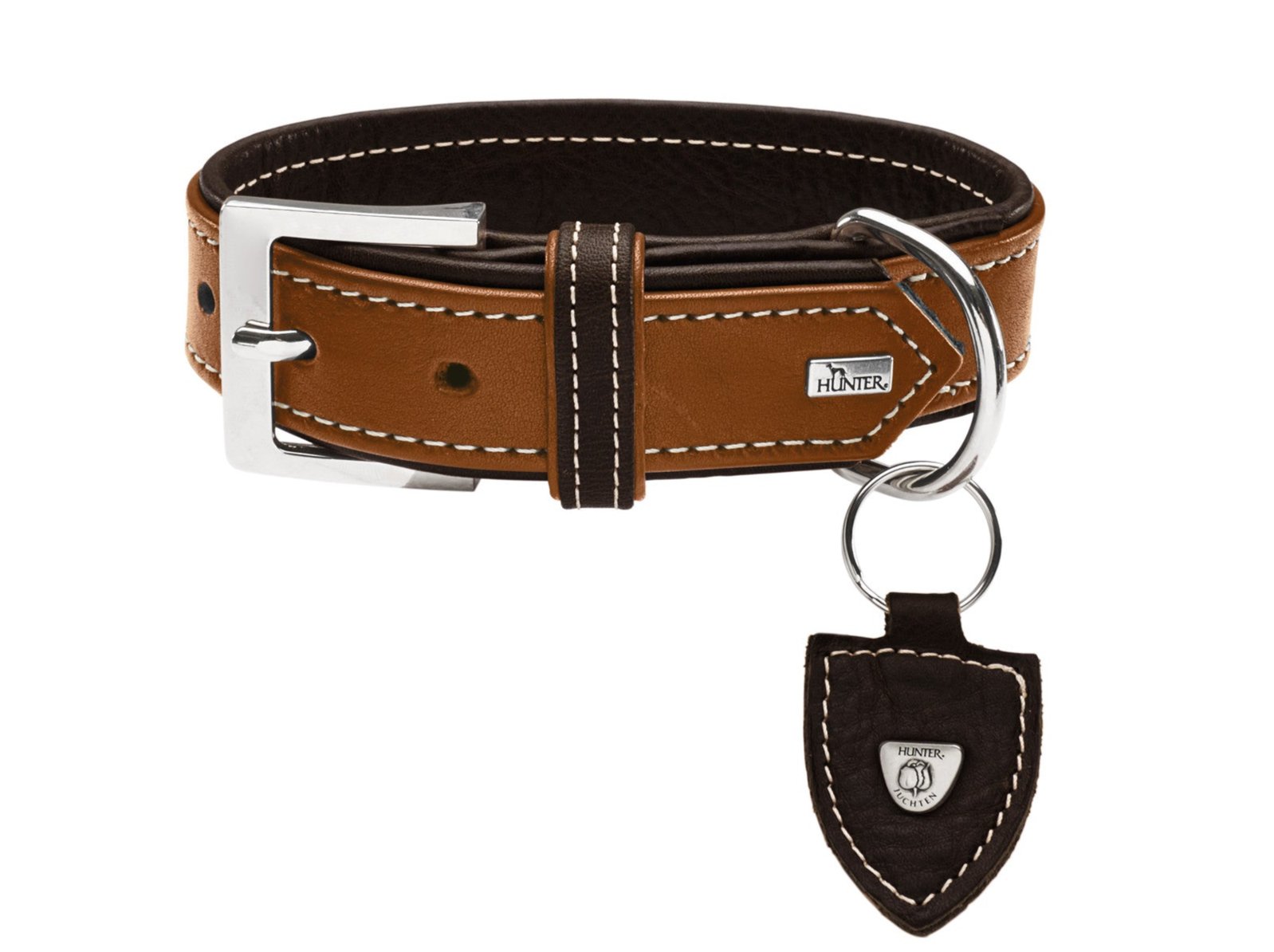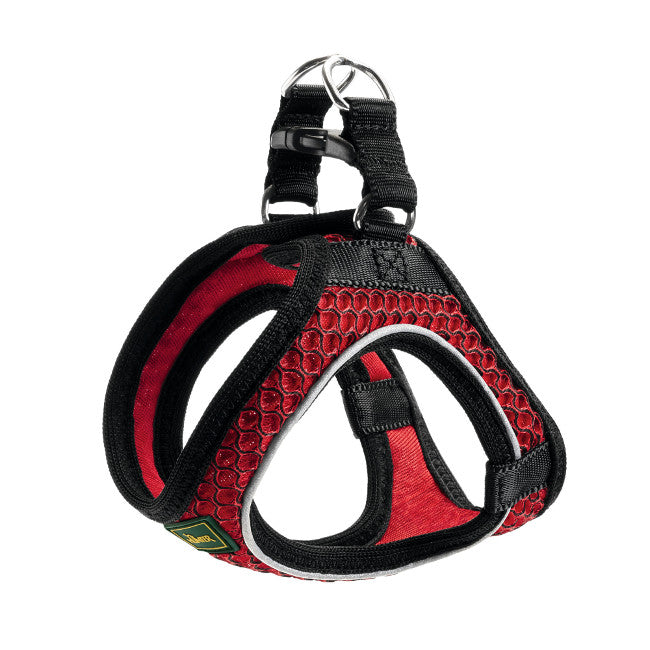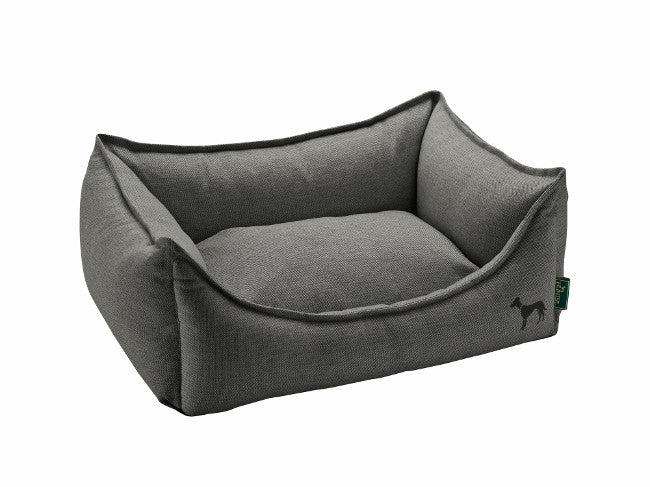How to deal with your dog's puberty?
Puberty is a challenge no family can avoid - not even a dog family. The cute, clumsy puppy suddenly becomes a barking little beast who temporarily goes deaf every time it gets a command. How can we survive dog puberty together and not jeopardize our puppy-human relationship?

Similar to our human puberty behavior
Dog puberty is not a modern invention of spoiled dogs. It comes to every dog. There is a huge wave of hormones and body changes that are crashing down on the puppy, and puberty is the phase of life when the pup has to deal with them.
It was confirmed by a British study in 2020 that behavioral changes during dog’s puberty can be similar to humans. Researchers from the Universities of Newcastle, Edinburgh and Nottingham studied reactions of 69 dogs. They first met five-month-old puppies and then returned to their owners three months later. In addition, the research team obtained 285 completed questionnaires from the owners of the pubertal dogs. The results were clearly in agreement - the worse communication was with those teenagers —> dogs that were just going through adolescence had longer overall responses to the "sit" command.

Teen dogs often end up in a shelter
Puberty usually comes around the sixth month of a dog's life. It gradually disappears after 1-2 years depending on the size of the dog and sometimes also the particular breed. Larger breeds take longer to develop. During the puberty, the dog can be very stubborn, impulsive and inattentive; and there may be problems with reactivity to other dogs or humans too. If you don’t train the dog at all or if the training is not consistent during the dog’s puberty, problems can be even multiplied. It is no wonder the super wild adolescent puppies are most at risk of being put in a shelter. The owners may feel the dog is dancing on the top of their heads, doing what he wants all the time and they can’t handle it anymore.

Step by step from wild times
There is only one possible solution - set boundaries, stay consistent and use a reward motivation instead of punishment. Try to take several breaths before responding to any bad behavior. If you realized you underestimated basic obedience training, go to the trainer. Now is the right time.
It's very important to realize your dog isn't behaving badly because he wants to make you angry, it's just biology. Be kind to your dog and don’t pull away from him. He needs you the same as your kids. Try to repeat to yourself it’s just a phase and it will be over soon.
How did you deal with your dog’s teenage age?
Let us know in the comments below…








Leave a comment